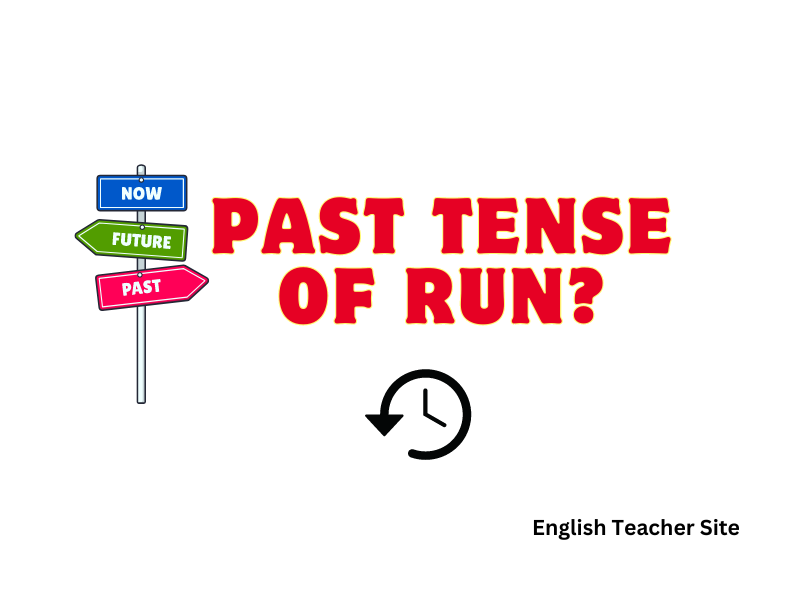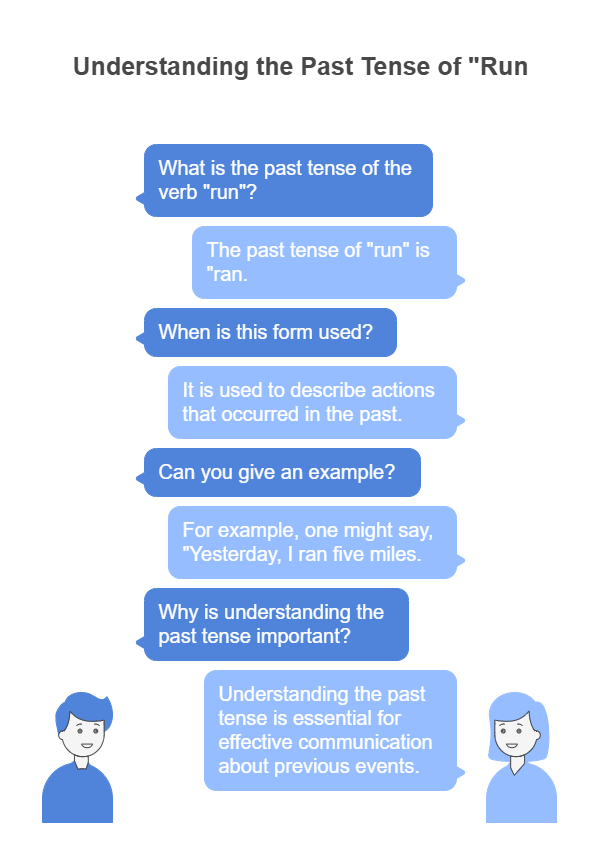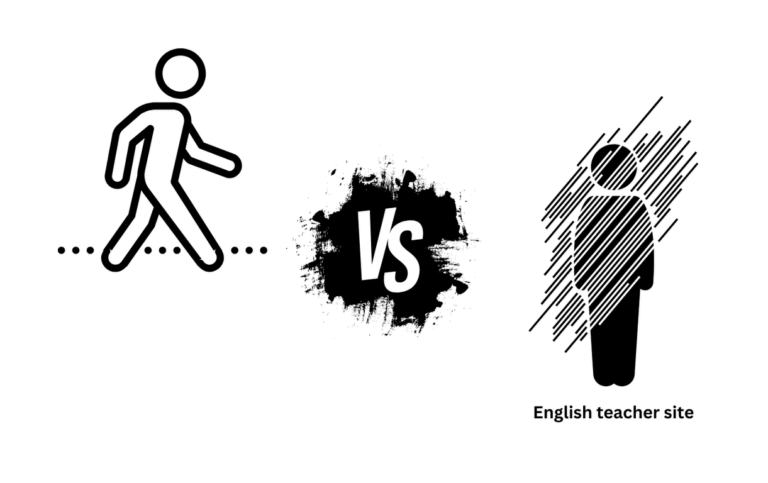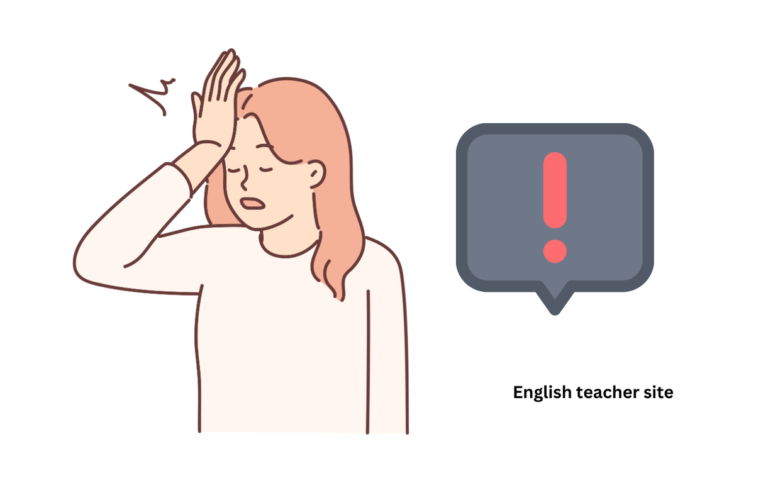Past Tense of Run Explained: A Simple Guide for Everyone

The Simple Past Tense of Run
The simple past tense of a verb is used to describe actions that have been completed in the past. It highlights events or activities that are no longer ongoing. In the case of “run,” the simple past tense is formed by using the word “ran.” This tense is straightforward, making it one of the more accessible forms for learners to grasp.
Conjugation of Run in the Simple Past
The simple past tense of “run” remains consistent across all subjects. No matter who is performing the action, “ran” is used in each case.
- I ran
- You ran
- He/She/It ran
- We ran
- They ran
Examples of Sentences Using Ran
- Yesterday, I ran five miles in the park.
- She ran as fast as she could to catch the bus.
In these sentences, the actions are clearly confined to the past. The event has already occurred and is not expected to happen again.
The Past Participle of Run
The past participle is used in various compound tenses, including the present perfect and past perfect. It shows an action that has been completed, often with some connection to the present. While “ran” is the simple past, the past participle of “run” is the same as the base form of the verb: “run.” This can seem counterintuitive at first, as many irregular verbs change entirely in their past participle form, but “run” does not.
Conjugation of Run in the Past Participle
The past participle is used in conjunction with auxiliary verbs such as “have” or “had” to create perfect tenses. Here’s how it works across different subjects:
- I have run
- You have run
- He/She/It has run
- We have run
- They have run
Examples of Sentences Using the Past Participle
- He has run a marathon every year for the past decade.
- The race had been run before the storm hit.
These examples demonstrate the use of the past participle in perfect tenses, indicating actions that are either completed in the present or were completed before another event in the past.

Common Mistakes: Confusing Ran and Run
It is easy to confuse “ran” and “run,” especially for those learning English as a second language. The primary issue arises when people use “ran” as the past participle, which is incorrect. “Ran” is specifically the simple past tense of “run,” not the form to be used with auxiliary verbs like “have” or “had.”
Using Run in Different Tenses
Understanding how “run” behaves in various tenses is essential for mastering English verb forms. Here’s how “run” changes across different time frames:
- Present Tense: I run every morning to stay fit.
- Past Tense: Yesterday, I ran five miles in the park.
- Present Continuous: She is running late for the meeting.
- Present Perfect: They have run out of excuses.
In each case, the verb “run” fits into a different grammatical structure, serving a unique purpose based on the tense and context.
Tips for Mastering Irregular Verbs Like Run
Mastering irregular verbs like “run” can seem daunting, but by recognizing patterns and practicing consistently, anyone can improve their proficiency. While the forms of irregular verbs are not predictable like regular verbs, there are still helpful strategies for mastering them.
Recognizing Patterns in Irregular Verb Conjugations
Many irregular verbs, including “run,” share similar features. For example, verbs like “begin” (began, begun) and “eat” (ate, eaten) follow a pattern of irregularity, though each one is unique. By studying these patterns, learners can begin to anticipate the changes in other irregular verbs.
Practice Exercises to Reinforce Learning
To reinforce the use of irregular verbs, consider completing exercises where the correct form of the verb must be chosen based on the sentence’s context. These could include filling in the blanks with the correct form of “run” (ran, run), or choosing the appropriate verb form for more complex sentence structures.
Resources for Further Study
For those seeking more in-depth practice and explanations, there are various resources available. From grammar books to interactive websites, many platforms offer exercises and tips for mastering irregular verbs. Online quizzes, language apps, and video tutorials can also provide valuable practice to ensure progress.
Conclusion
The past tense forms of “run”—”ran” and “run” as a past participle—are essential elements of mastering English grammar. Recognizing the distinction between the simple past and past participle forms is key to preventing common errors. By practicing regularly and paying attention to how these forms interact with auxiliary verbs, learners can confidently navigate the complexities of English verb tenses. Remember that the road to fluency is a gradual process, and with time, the use of irregular verbs will become second nature.
Sources
- Definition of run from the Collins English Dictionary.
- Harper, Douglas. “Etymology of run.” Online Etymology Dictionary, https://www.etymonline.com/word/run.
- “Run.” TheFreeDictionary.com. Farlex, Inc. https://idioms.thefreedictionary.com/run
My name is Khamis Maiouf. I am the creator of the English Teacher Site, dedicated to providing valuable resources and insights for students around the world. With a passion for education and a commitment to helping students enhance their skills, I aim to make English teaching more effective and enjoyable for both educators and students.






